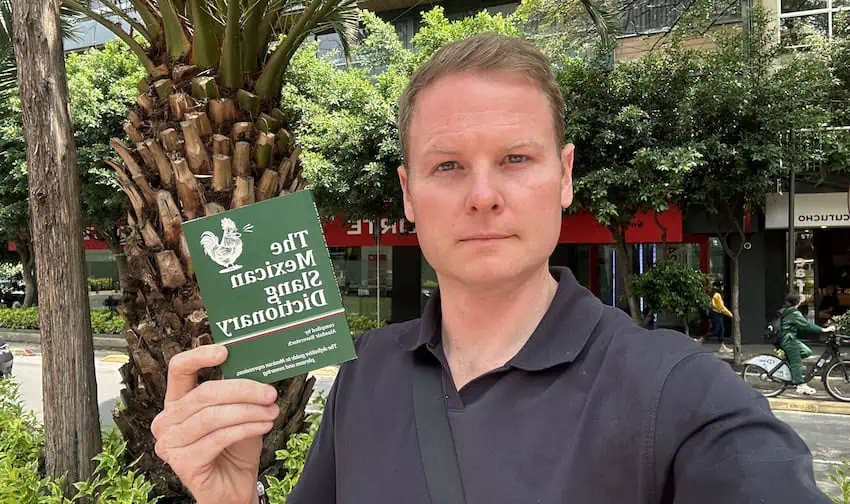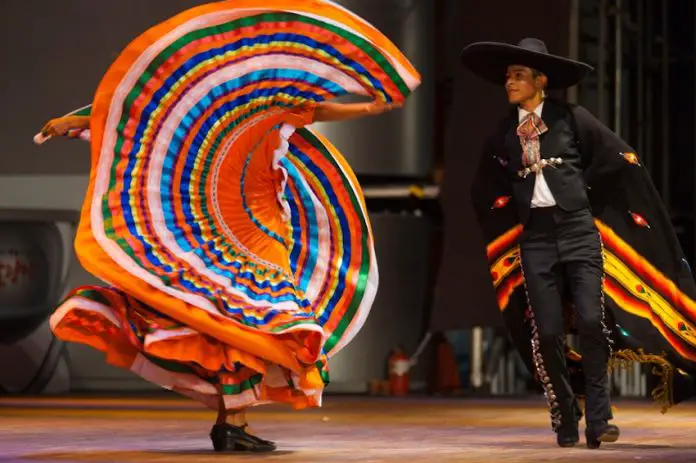Mexico is a big place. With 32 states and a population of nearly 130 million, the cultural and regional diversity of this country is enormous. So how can you tell the norteños from the chilangos? Start with what they call themselves.
The author of “The Mexican Slang Dictionary,” Alasdair Baverstock, gives us 15 lesser-known Mexican expressions and phrases to describe the diverse people of Mexico.

Caballero – noun A native of the city of Córdoba, Veracruz, given its historical founding by the heads of 30 local noble families. The word means both gentleman and knight, or cavalryman.
Calentano – adj Of something or someone native to the Tierra Caliente region of Michoacán, Guerrero and México state.
Chayote – noun
- 1. A popular vine-grown vegetable native to Central Mexico. A mirliton squash in English.
- 2. A native of the city of Orizaba, Veracruz.
Chilango – noun A native of Mexico City. For older generations, the word used to describe a Mexican migrant who moved to the capital from a different part of the country. Today, among younger generations, it is a universal term.
The etymology of the word is hotly debated. Among the most common explanations are that it was a term for chili pepper vendors and that it comes from the Nahuatl “chilan-co” — the red ones — or the Maya xilaan, meaning “frizzy hair.” The latter two terms reference the Valley of Mexico’s cold winds. Formerly, Defeño, Capitalino.
Chilangada – noun A rude or uncourteous action undertaken, befitting of a Chilango. For example, running a red light in your vehicle, or being cut off in traffic. Also Chilangazo.
Culichi – noun
- A native of Culiacan, Sinaloa.
- Compound word signifying a woman with “mucho culo, poca chichi”: “A lot of buttocks, not much breasts.”
Hidrocálido – noun A native of the state of Aguascalientes.
Jarocho – noun A native of Veracruz state. The source of this word is said to come from the jara, a pole used by cowboys to herd cattle, given the importance of Veracruz state as a cattle producing region.
Juarense – noun A native of Ciudad Juarez. A more derogatory term for people from this city is juareño.
Lagunero – noun A native of the city of Torreón, Coahuila. This term comes from the region’s many lagoons.
Loco – noun A native of Ciudad Mendoza, Veracruz. They’re called “crazies” because their town is situated in a particularly windy geographical location, and consequently find it hard to keep their hair in order, making them look “loco.”
Meridano – noun A native of the city of Mérida.
Pipope – noun A pejorative term for a native of Puebla state that abbreviates the phrase “Pinche Poblano Pendejo” – “Freakin’ Idiot from Puebla.”
Regio – noun Short for “regiomontano,” this word designates a native of the city of Monterrey.
Tapatío – noun A native of the city of Guadalajara. This word comes from a measure of five tortillas in 19th-century Guadalajara, which was known as a “tapatía.” A more derogatory term is jalisquillo.
You can buy The Mexican Slang Dictionary on Amazon in the U.S., Canada, and Mexico.
Alisdair Baverstock is the Mexico City based author of The Mexican Slang Dictionary.
